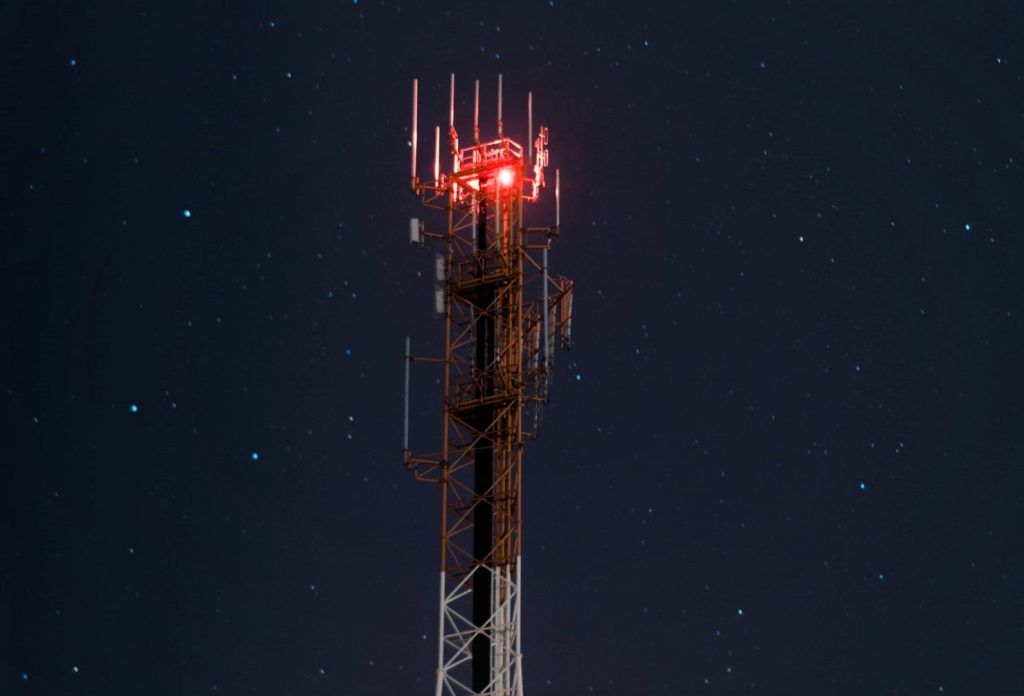Many thanks to SWLing Post contributor, Paul Evans, who shares his insight regarding the 5G band grab. Paul writes:
The ramifications of the FCC selling big chunks of spectrum with existing users in the name of 5G goes on:
(Source: Radio World)
Radio World has learned it’s possible that thousands of radio stations in the United States failed to register their C-Band earth station terminals with the FCC prior to its 2018 deadline and presumably will be ineligible for reimbursement funds set aside by the FCC to cover the cost of a C-Band repack.
The alarm is being sounded by a person on the infrastructure side of the industry familiar with Chairman Ajit Pai’s draft Report and Order to make the lower 280 megahertz of the C-Band (3.7–3.98 GHz) available for flexible use, including 5G, through a public auction.
Radio and TV broadcasters utilize 3.7 to 4.2 GHz for satellite C-Band downlinks. However, the draft order released last week indicates incumbent satellite services are expected to be repacked from the 500 MHz to the upper 200 megahertz of the band (4.0–4.2 GHz).[…]
Thanks for the tip, Paul. It looks like a lot of spectrum shuffling is happening in the name of 5G. It also appears US radio stations who failed to register their earth station terminals could be financing a C-band repack on their own.
Admittedly, early on, I was hoping 5G would be the broadband answer for those of us living in rural/remote areas. At least, this was how the service was touted back then. The more I read and look at the physics behind the technology, I suspect coverage won’t even match that of existing 4G services.


Don’t understand if 5G is better in the cities and urban areas. And 4G works better in rural areas. Then why don’t we just upgrade the cities and urban areas and leave the rural areas alone. Building a 5G infrastructure across rural America when it in actuality really doesn’t need it seems wasteful. Agreed the faster they put of 5G would be preferable but building out a more robust 4G network would seem to be more affordable. Of course industry and the government would not make as much. Oh I just answered my own argument didn’t I?
I am compiling an overview of the many aspects of 5G and will publish soon on my own blog. I am a former microwave engineer, device designer and RF emissions safety manager.
“range gets less as speeds go up” is not precisely correct, whereas “range gets less as frequencies go up” is much closer to the truth, although there are many peaks in absorption (dB loss per kilometre) when you get above K-band, as well as a gradually climbing absorption from 1-300 GHz.
It’s a wonder the 5G manufacturers don’t want to go above 300GHz. Lots of problems, but the FCC has no hand on it after that frequency. Only FAA has limits way up in visible light with laser pointers and aircraft.
5g is all about giving faster connectivity to the densest packed ares ( so cites! ) It has far. far less range than 4g .. ( range gets less as speeds go up) so tough for anyone outside the city.. 🙁